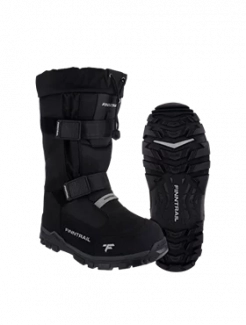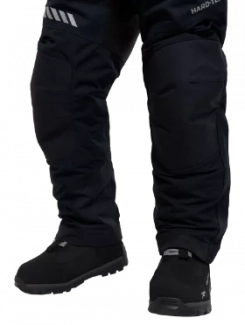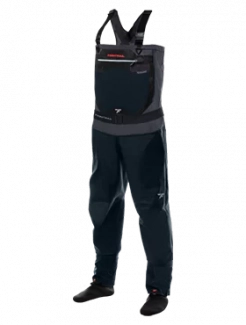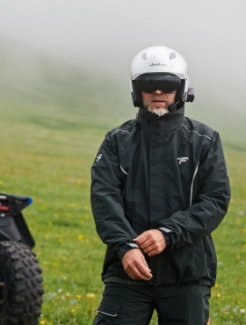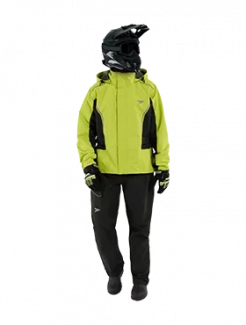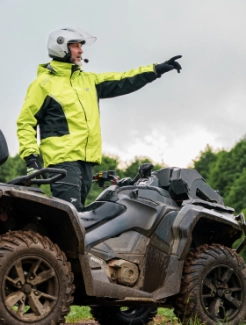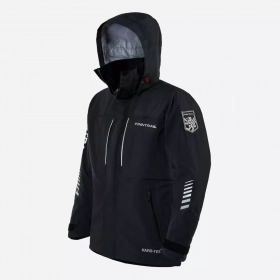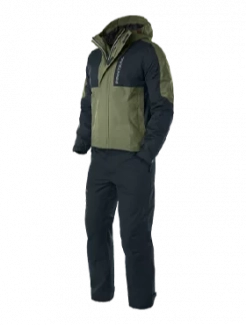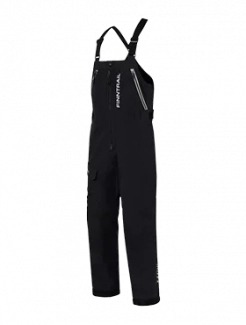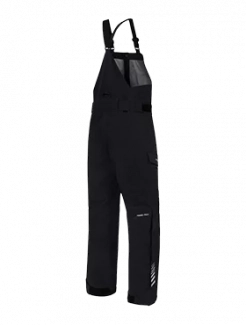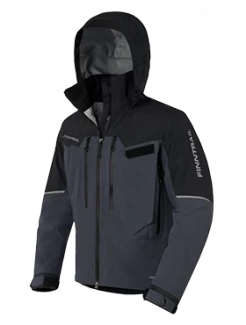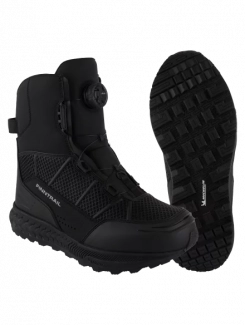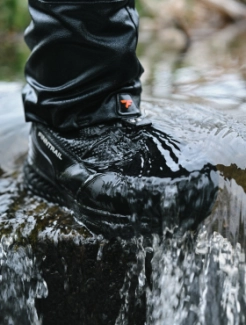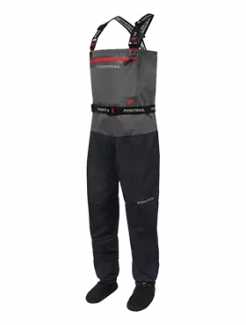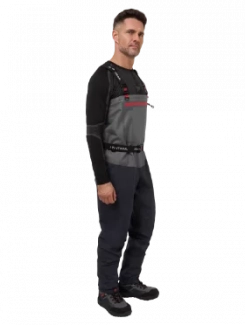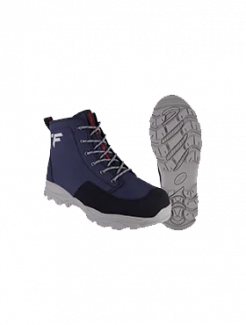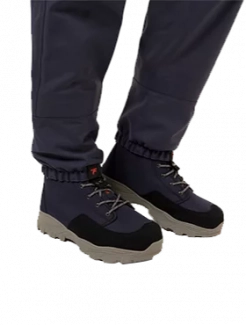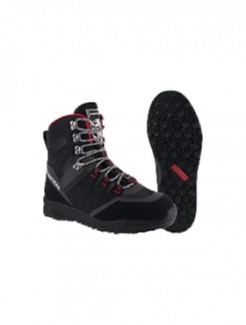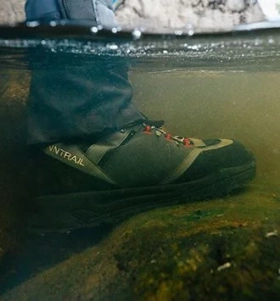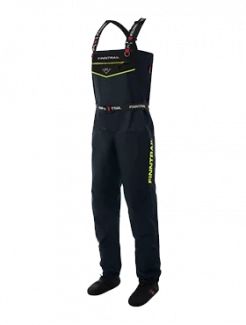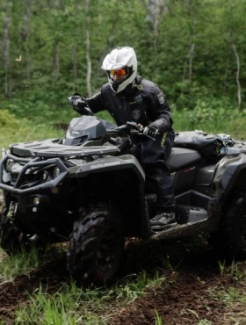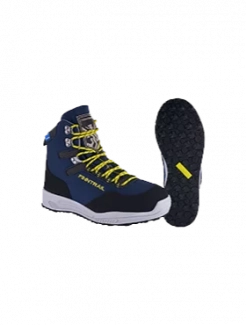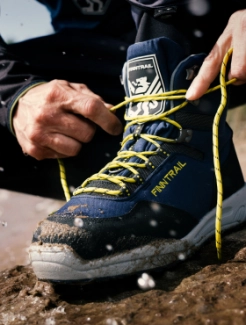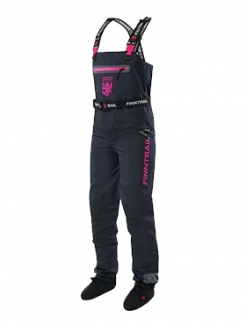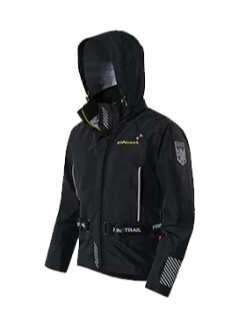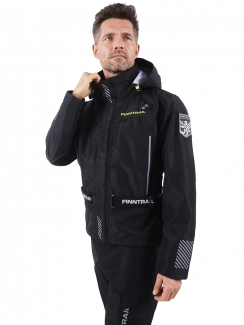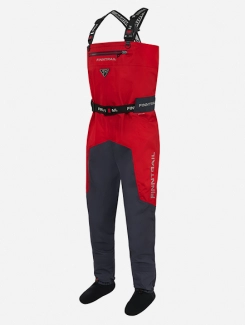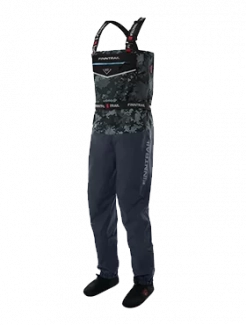How to Put an ATV in Truck
You can either load your ATV on a trailer or carry it in your truck bed, both require the use of ramps and the need to load your vehicle carefully to protect the ATV and yourself. This post will tell you all about ATV truck bed hauling.
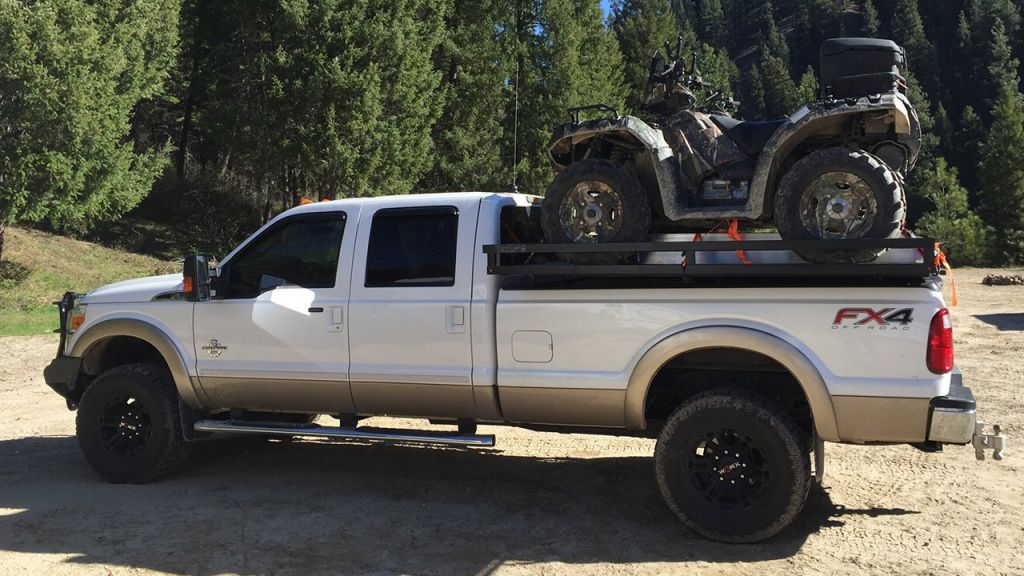
Make Sure It’ll Fit
The first thing to do is measure the length of your ATV and determine the length of your truck bed. Most ATVs will fit most truck beds, but it is possible for a UTV and/or a short truck bed to not work together. You can use your tailgate to extend the length of the truck bed, but you need to determine if the weight will be distributed so it won’t break the tailgate. You may need to brace the tailgate to accommodate your heavy and/or large ATV or UTV.
You can carry larger ATVs or two small ATVs at once with the use of an ATV truck bed rack. A raised ATV/UTV truck bed rack can either fit inside your truck bed like another ramp, making a longer ATV fit into a shorter space, or it can be flat above the truck bed, allowing you to fit wider UTVs and two ATVs on your pickup.
Purchase ATV Truck Ramps
You must have a ramp to get your ATV from the ground to the truck bed, and you need to make sure you invest in a quality ramp to prevent harm to persons and vehicles.
If you’re concerned about the cost, it may ease your mind some to know that that ramp can carry you through all of your years of ATV riding and help you haul a wide range of off-road vehicles.
Purchase Ratchet Straps
You’ll need quality ratchet straps to secure your ATV pickup haul. Tie-downs are okay, if that’s all you can do, but ratchet straps are both stronger and easier to use.
Purchase Truck Bed Ramps for ATV Use
ATV truck ramps are very versatile. You can use them for a variety of types and sizes of vehicles, depending on the size of the ramp you buy. Do make sure that you buy a ramp with rungs that are the right size for ATV tires. Aluminum ramps will probably be the easiest to use for most applications, but you may need a steel ramp for heavier ATVs.
Select a ramp that can carry the weight of the ATV, with storage and additions, and the weight of the rider. It’s better to overestimate this.
You can also purchase ramps with sidewalls for extra protection.
Get a Helper
You’ll need someone to be a spotter while you load your ramp in case you need help. It’s also much better to secure your ATV with someone sitting on it.
Wear Your Helmet
You will be riding your ATV up the ramp, and it is quite possible to roll off of one, so you should wear a helmet.
Line Up the ATV With the Ramp
Put the ramp down, and make sure it is securely attached to a metal section of the truck frame with ratchet straps. If the ramp isn’t secure, the ramp could fail with the ATV on it and cause the ATV to flip over.
When the ramp is secure, drive the ATV to the back of the truck, about 5 or 10 feet from the ramp. Make sure the ATV is straight, ready to drive right up into the truck bed.
If you have a dual runner ramp or a ramp without sidewalls, this is even more crucial. The center of your tires must be lined up with the ramps on dual runners.
You can be sure you are straight by moving the ATV just a bit forward without turning the steering wheel and seeing if it drives straight.
Drive Up the Ramp Slowly and Carefully
ATV truck loading is a very delicate maneuver.
If you have four-wheel drive, use it. Put your ATV in 4LO, or the lowest gear you have on your vehicle, and give it just enough throttle to give you momentum to get up the ramp. You need to maintain your pressure on the throttle until you are in the truck bed or you’ll start to roll backwards.
Park
When you’re in the truck bed, creep your ATV up to a few inches from the cabin to evenly distribute the weight of the ATV in the truck bed.
Put the ATV in park and take the keys out.
Secure the ATV
Remove the ramp and close the tailgate, if you can close the tailgate.
Have your helper sit on the ATV while you secure it to the truck with ratchet straps. They’ll need to sit on the front while you strap the handlebars and the front wheels to the truck bed. Then have them move to the back while you strap the grab bar and rear tires to the truck bed. This combination creates tension that will prevent your ATV from moving in any direction during transport.
You can be sure you’ve secured it correctly by pushing and pulling on the vehicle to see if you can budge it. It shouldn’t even wiggle. If you can make it wiggle, increase the tension on the straps or add another strap until you can’t have an impact on it.
Installing An ATV Without a Ramp
If you have an elevated plane or a hill at your disposal, you can get your ATV in a truck bed from a level or higher surface. The rest of the process is the same.
How to Load Your ATV On a Raised ATV Truck Bed Rack
The process is the same with an ATV rack for trucks. The rack should come with its own extra-long ramp to accommodate the additional height.


